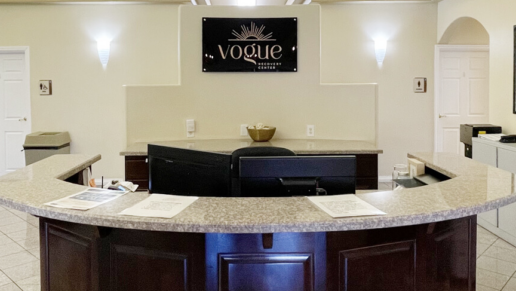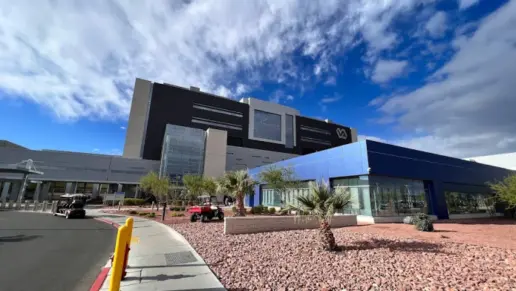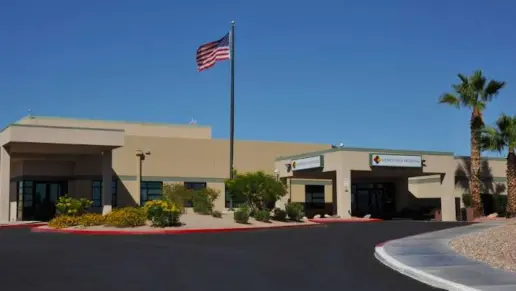About Las Vegas Rescue Mission – Recovery Program
Las Vegas Rescue Mission's Recovery Program is a residential program for men and women with life-controlling addiction who want to make a positive life change. Las Vegas Rescue Mission - Recovery Program is located in Las Vegas, Nevada.
As a nonprofit Christian organization, the Mission receives no government support, except for a small grant specifically for food. They rely solely upon the contributions and support of concerned individuals, churches, corporations and other organizations.
Las Vegas Rescue Mission – Recovery Program is a two-story, 15000-square-foot building housing up to 112 men in dormitory-style housing. There is an education wing with a library and classrooms for recovery classes, personal study, resume preparation, calling prospective employers, and more.
Facility Overview
Latest Reviews
Rehab Score
Gallery
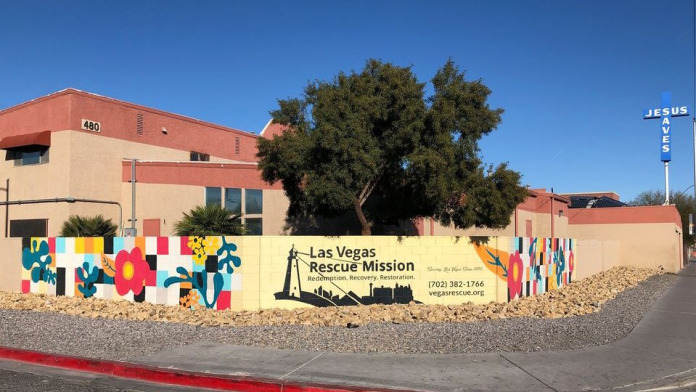
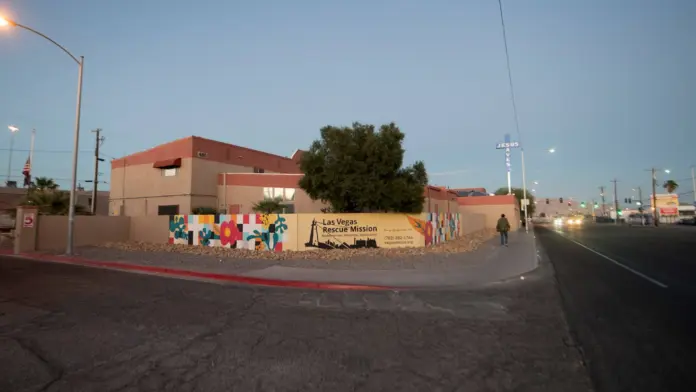
Location
Accepted Insurance
Other Forms of Payment
Addiction Treatments
Levels of Care
Treatments
The goal of treatment for alcoholism is abstinence. Those with poor social support, poor motivation, or psychiatric disorders tend to relapse within a few years of treatment. For these people, success is measured by longer periods of abstinence, reduced use of alcohol, better health, and improved social functioning. Recovery and Maintenance are usually based on 12 step programs and AA meetings.
When you enter drug rehab in Nevada, you receive professional assistance to remove drugs from your body and cease your body's need for the substance. You learn coping strategies and receive support to prevent relapse and enjoy long-term sobriety.
Opioid rehabs specialize in supporting those recovering from opioid addiction. They treat those suffering from addiction to illegal opioids like heroin, as well as prescription drugs like oxycodone. These centers typically combine both physical as well as mental and emotional support to help stop addiction. Physical support often includes medical detox and subsequent medical support (including medication), and mental support includes in-depth therapy to address the underlying causes of addiction.
Substance rehabs focus on helping individuals recover from substance abuse, including alcohol and drug addiction (both illegal and prescription drugs). They often include the opportunity to engage in both individual as well as group therapy.
Programs

Clinical Services
Research clearly demonstrates that recovery is far more successful and sustainable when loved ones like family members participate in rehab and substance abuse treatment. Genetic factors may be at play when it comes to drug and alcohol addiction, as well as mental health issues. Family dynamics often play a critical role in addiction triggers, and if properly educated, family members can be a strong source of support when it comes to rehabilitation.
Group therapy is any therapeutic work that happens in a group (not one-on-one). There are a number of different group therapy modalities, including support groups, experiential therapy, psycho-education, and more. Group therapy involves treatment as well as processing interaction between group members.
Staff
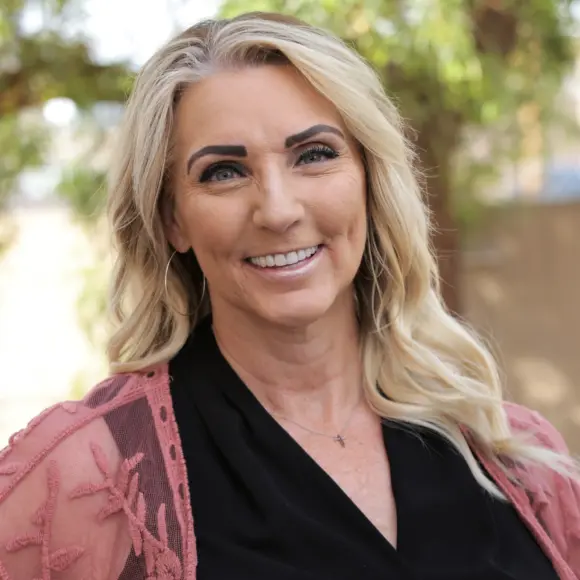
CEO

COO
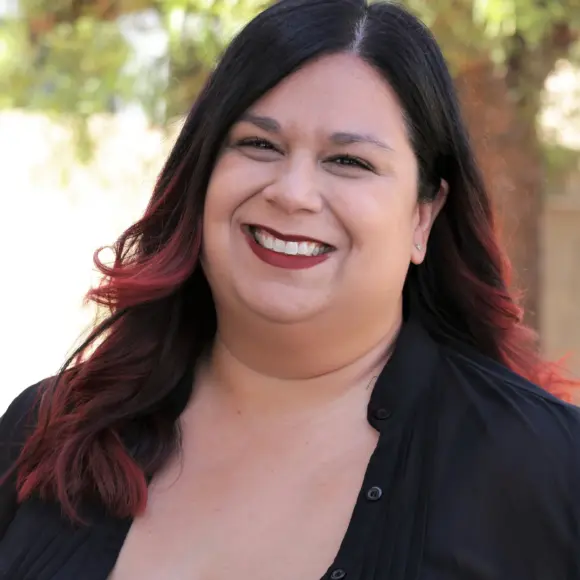
Clinical Director
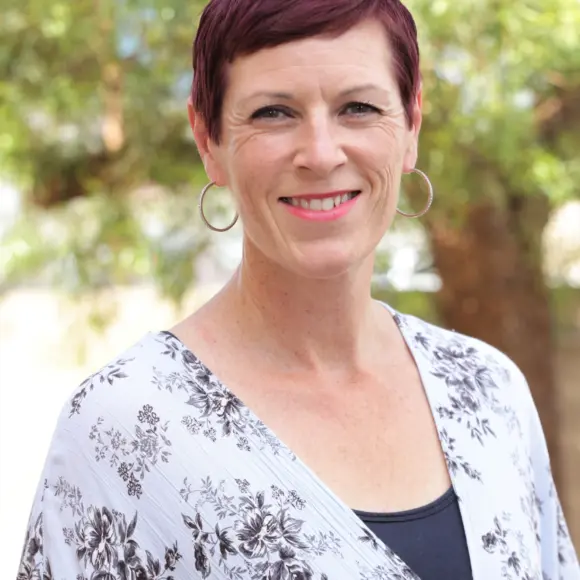
Director of Development
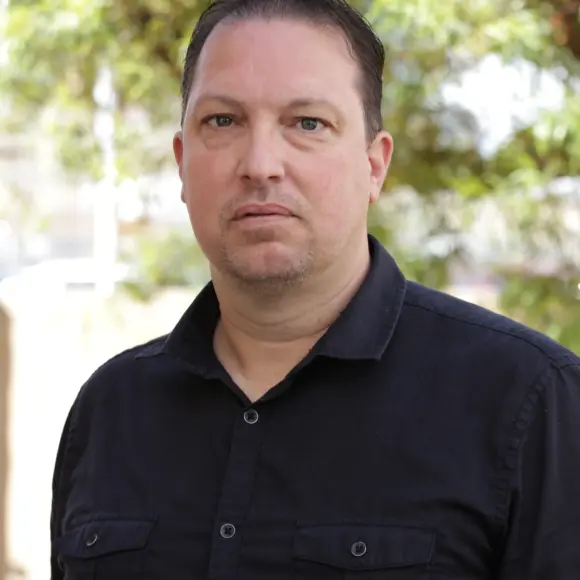
Director of Facilities
Contact Information
480 West Bonanza Road
Las Vegas, NV 89106


